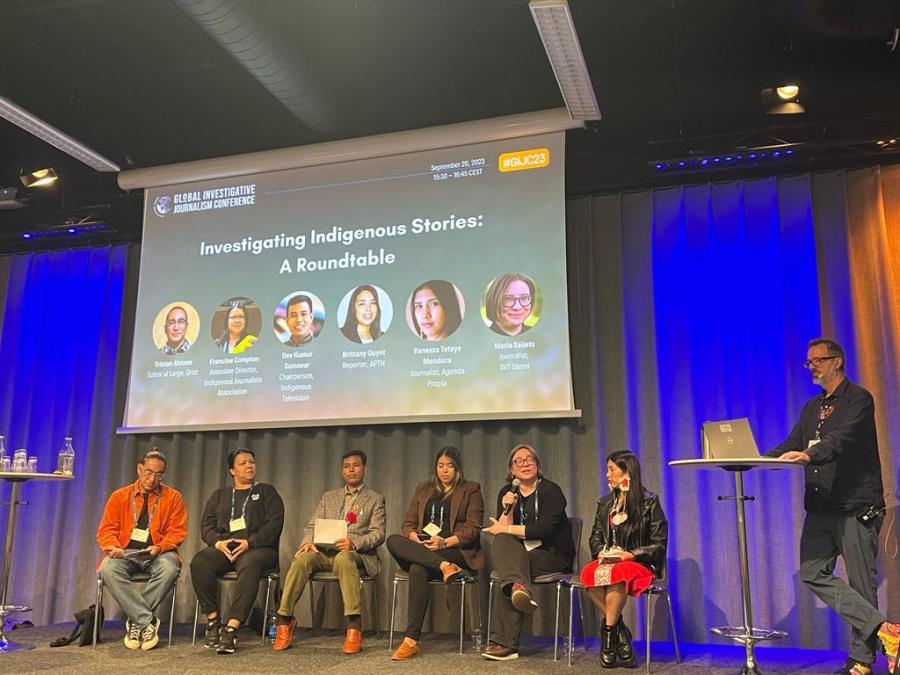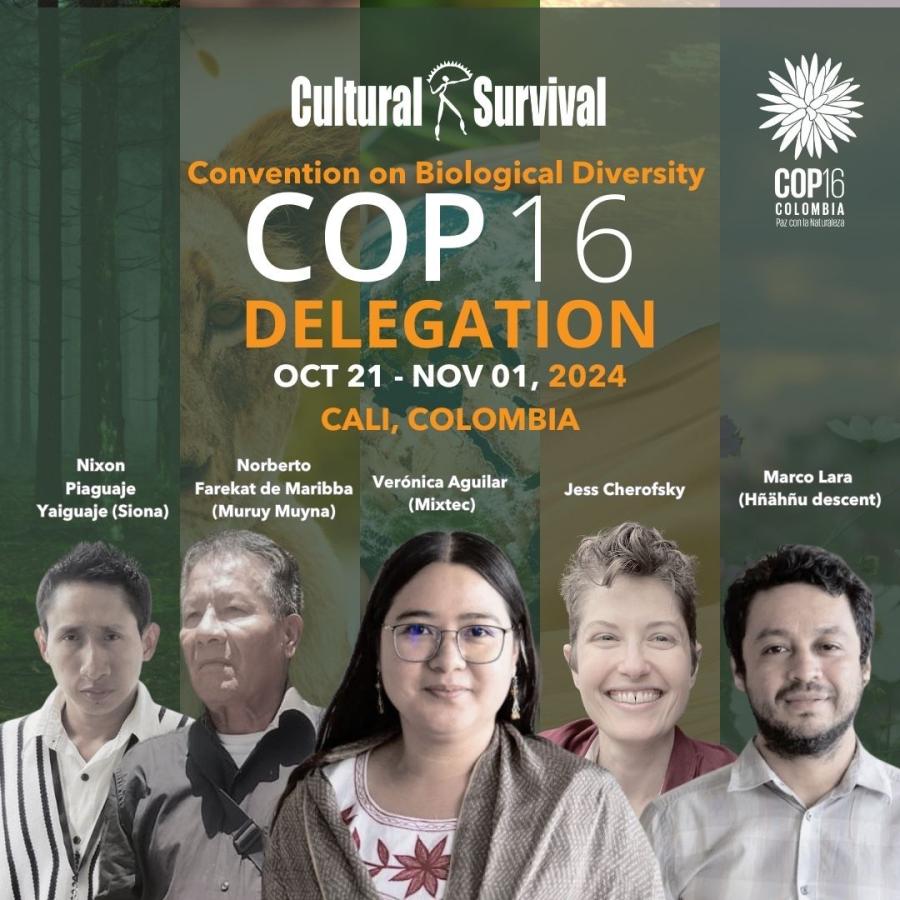
By Daniel Hernandez, Winaq
Since Disney’s announcement of their upcoming movie Moana (Vaiana in some places) I have observed and participated in many discussions about the film filled with curiosity and concern. When the first trailer was released for the US, criticism of certain elements became more visible and made it to some prominent media outlets. Friends and fellow mentors/students here at the University of Auckland decided to organize some voices mainly from the Moana (Ocean) community that are Tangata Whenua (People of the land) or Indigenous to the region, and a couple of other friends too. We felt digital commentary might reach a broad audience and honor our traditions of oral story telling. We hope it can make critical perspectives, academic perspectives including Anthropology (Ethnomusicology, Social, Archaeology), Media, Film, and TV, History, Law, Philosophy, Pacific Studies, and Art, and especially Indigenous perspectives more visible and accessible to the mainstream and to our broader global Indigenous family.
As a Mayan descendent raised in diaspora, my experiences as an urban Indigenous person has led me to seek cultural anchors with communities and places of my Indigenous relatives where I am, being raised in Utah on Turtle Island and now living in Tāmaki Makaurau, Aotearoa. It has been an inspiration for me to observe and learn from the wisdom, creativity, and resilience of my relatives that have supported me to maintain, and relearn more of my ancestral stories, and traditions through common experiences, overlapping values, and inspiring me to find and recognize our relation. One of the challenges however of this experience with continued movement into increasingly more densely populated cities is the bombardment of media and dominant external narratives of who we are as Indigenous peoples, what our history is, and what we offer to the world today as living people and cultures.
This short 15 min documentary and project I believe reflects and speaks to this as much as is possible in such a short time, through a medium and topic that is relevant to many people today engaged with pop-culture. We hope those in our communities and from similar communities will watch, appreciate, and support the dialogue. We also hope that for those outside who will see Disney’s film and have seen so many others already that represent Indigenous people from around the world will consider through this brief introduction the complexity, profoundness, and significance of our identities, traditions, ways in how we see ourselves, and seek to learn more. All of the participants, which includes myself and fellow organizers Logan Hamley and Michaela Dobson have worked together and gave feedback to which details should be left out, and how to be represented, among other things. This is our way of attempting to honor Moana people and the Spirit of Maui as a great navigator, ancestor, and trickster who through intelligence and courage among other attributes overcame many feats, obtaining much knowledge for the betterment of his people and posterity.
--Daniel Hernandez (K'iche') studied Anthropology and Education, Culture, and Society at the University of Utah and is currently an Anthropology/ Ethnomusicology doctoral candidate at the University of Auckland, New Zealand.


